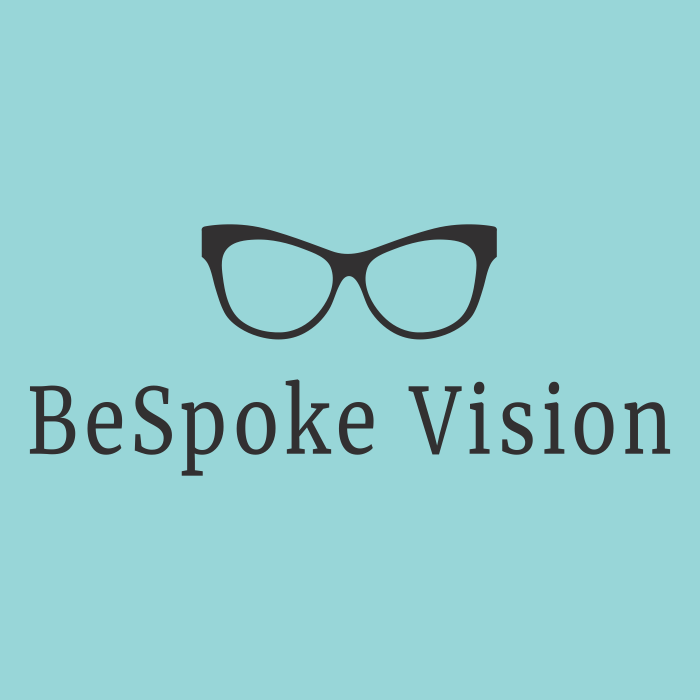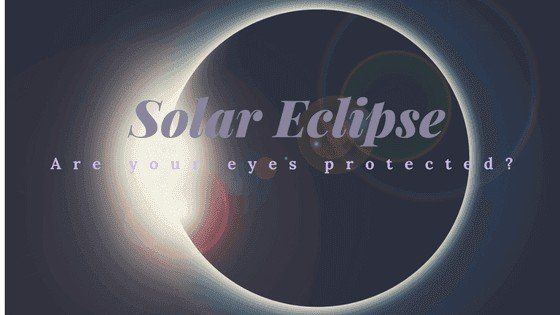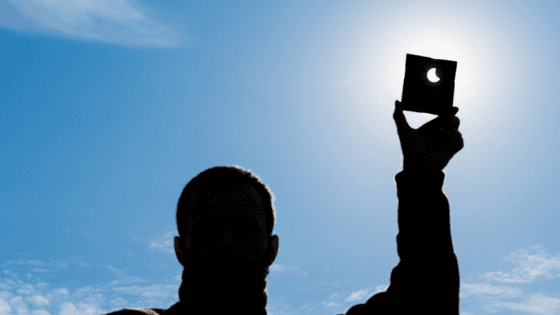Are Your Eyes Prepared For The Solar Eclipse?
By now most all of you have likely seen or are at least familiar with a solar eclipse. Without getting into too much of the scientific details, a solar eclipse happens when the moon moves between the sun and earth during its orbit causing a partial or complete blockage of our view of the sun. Although a solar eclipse only lasts for a few minutes, its thrilling impact will stay with you for much longer.
The Solar Eclipse & Your Eyes
Now, you might be wondering what this astronomical affair has to do with things here at the Eye-Q Blog? Ever heard that you weren’t supposed to look directly at an eclipse? Ever wondered why? That’s what we’re here for! While it may come as no surprise that staring at the sun on a normal day might not be the best choice for your eyes - you might be surprised to learn that the same amount of damaging light rays are present during an eclipse even when there is only a small sliver of the sun visible. In fact, the only time it is safe to gaze at the eclipse without eye protection is if you are lucky enough to witness a total solar eclipse. The few moments of darkness present when the sun becomes fully blocked (except for its halo like corona) are safe to be viewed with the naked eye.
Solar Retinopathy Explained
Looking at the sun for an extended period can cause something called solar retinopathy. Located at the back of your eyes is a layer known as the retina - which, in short, is responsible for collecting and transmitting signals from light rays. These signals turn into impulses which then travel from the optic nerve to the brain and become the images we see. Because the retina contains so many light-sensitive cells, when an overabundance of light such as that from the sun is focused by the cornea and lens onto the retina, the cells become over-stimulated. The result is inflammation and damage similar to a burn, causing temporary or even permanent vision loss. Think of the process as being similar to reflecting the sun’s rays onto a piece of paper with a magnifying glass.
What Does It Feel Like?
The damage itself is painless, however, staring directly at the sun isn’t. After a few moments your eyes will start to hurt and water prompting you to look away long before any damage is done. However, during an eclipse when the sun isn’t completely full and doesn’t seem as blinding, this reflex to look away won't feel as strong. Furthermore, the slight darkness might even cause your pupils to dilate slightly letting in even more harmful rays. These two things together can cause a great amount of damage without you even being aware of it at the time. Especially because the symptoms of solar retinopathy typically do not occur until several hours later.
How Do I Keep My Eyes Protected?
So how do you enjoy viewing the eclipse without causing damage? Probably the safest and most convenient way to witness this phenomenon is with special purpose solar filters such as eclipse glasses or handheld eclipse viewers. There are currently only five manufacturers that meet the specific safety requirements for viewing an eclipse : American Paper Optics, Baader Planetarium (AstroSolar Silver/Gold film only), Rainbow Symphony, Thousand Oaks Optical, and TSE 17.
Be sure if you are going to wear solar glasses to inspect them before use. Do not wear them if they appear scratched, damaged, or are older than three years.
Can't get your hands on a pair of eclipse glasses in time? Not to worry, there are a couple of other safe methods of viewing as well.
- Pinhole projection - see the video below!
- Viewing on the screen of a smart phone or tablet.
**Do not view the eclipse through a telescope or camera that does not have a solar filter attached even with your eclipse glasses on.
Signs & Symptoms
If you or anyone you know experience any of these symptoms following looking at an eclipse, the sun, a welding flame, or any other bright source of light without the proper eye protection, be sure to call your eye care professional:
- Eyes begin to water and feel sore
- Increased sensitivity to light
- Having difficulty discerning shapes, especially detailed objects
- Distorted vision
- A blind spot in the center of vision
